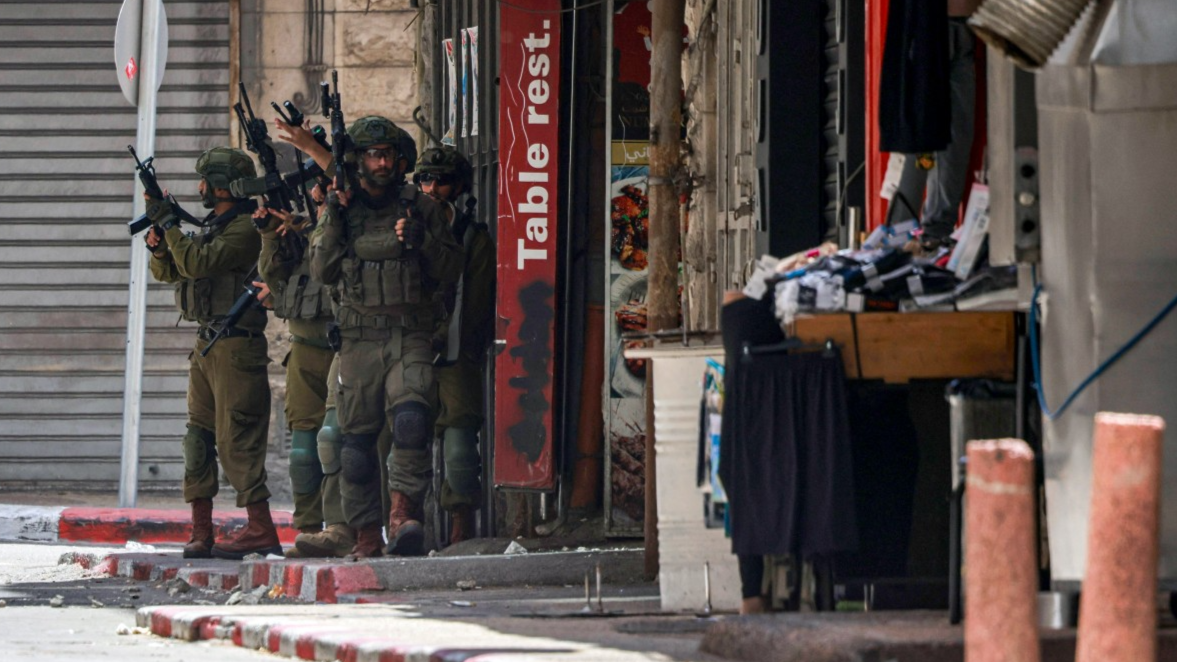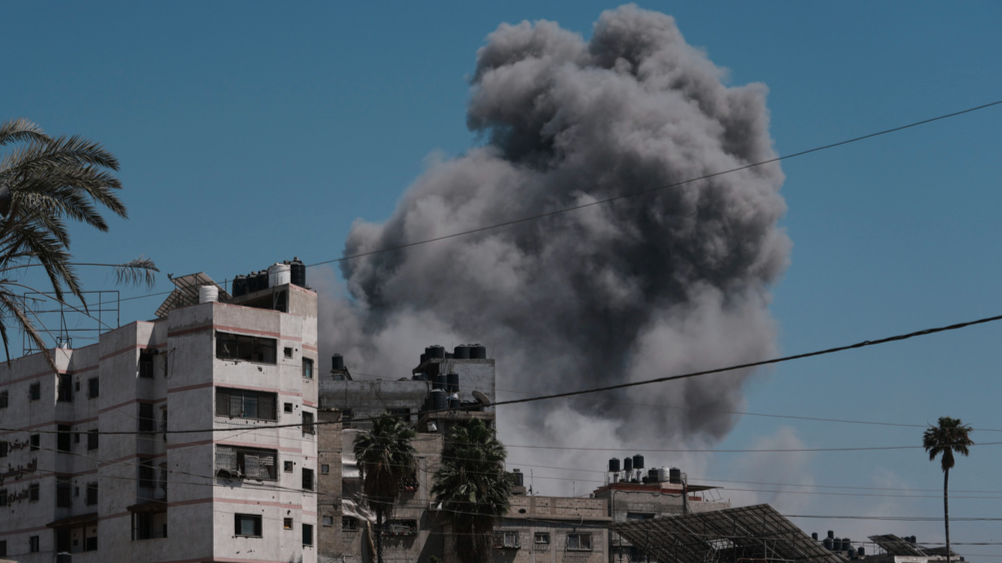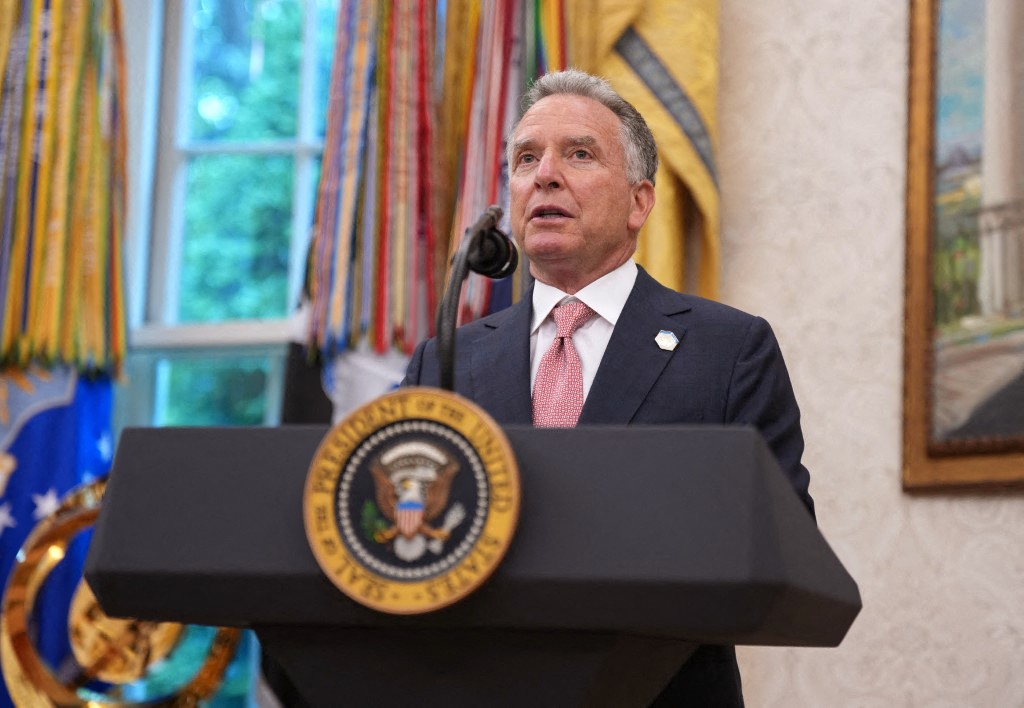
JERUSALEM - Israel's military on Saturday confirmed the killing of Mohammed Sinwar, a senior Hamas commander and head of the group's military wing in Gaza, in an airstrike earlier this month.
In a joint statement, the Israel Defense Forces (IDF) and the Shin Bet domestic intelligence agency said Sinwar was killed on May 13 in a targeted strike on an underground command center located beneath the European Hospital in southern Gaza. The military accused Hamas of using the medical facility as cover, putting civilians at risk.
Sinwar, 49, was described by the IDF as one of Hamas' most senior and long-serving military leaders, with a key role in planning the Oct 7, 2023, attack on Israel that ignited the current conflict.
Prime Minister Benjamin Netanyahu had disclosed Sinwar's death earlier this week in a speech to the Israeli parliament.
The strike also killed two other senior Hamas commanders: Muhammad Shabana, who led the group's Rafah brigade, and Mahdi Quara, head of the Khan Younis battalion. The IDF said both men were involved in the Oct. 7 assault and later directed attacks against Israeli troops, including the management of hostages and rocket fire.
Gaza's health authorities previously said the strike killed at least six people and wounded 40. Hamas has not issued an official statement confirming Sinwar's death.
Mohammed Sinwar was the younger brother of Yahya Sinwar, the former Hamas leader in Gaza, who was killed during a clash with the IDF in October 2024.
Separately on Saturday, the IDF reported rocket fire from Gaza, with several projectiles landing in open areas near the southern communities of Ein Hashlosha and Nirim. No casualties were reported, according to Israel's emergency medical service, Magen David Adom. Israeli media outlet Channel 12 said three rockets were fired.
READ MORE: Chaos at Gaza aid center on first day under Israeli oversight; UN voices concern

Meanwhile, Netanyahu's office said on Saturday that Israel has accepted an updated US-mediated proposal for a hostage release deal, while accusing Hamas of stalling progress by rejecting the framework.
"Hamas' response is unacceptable and brings the situation backward," the statement read, citing US special envoy Steve Witkoff. "Israel will continue its action for the return of our hostages and the defeat of Hamas."
Hamas, however, said it had submitted a "positive" response to the US-backed plan but sought amendments, including a demand for a longer-term ceasefire.
Witkoff, writing on social media platform X, described Hamas' reply as "totally unacceptable" and urged the group to embrace the framework to pave the way for proximity talks that he said could begin as early as next week.
"That is the only way we can close a 60-day ceasefire deal in the coming days," he said, adding that the agreement would facilitate the release of half of the remaining hostages - including deceased individuals - and open the door to negotiations on a permanent truce.

The proposal, backed by the United States, includes a 60-day pause in fighting, the release of 28 of the 58 hostages still held in Gaza, the exchange of more than 1,200 Palestinian prisoners, and an increase in humanitarian aid to the enclave.
Shortly after Witkoff's comments, senior Hamas official Basem Naim rejected claims that the group had turned down the proposal, saying Israel's version of the deal deviated from what had been discussed. He also accused Witkoff of "complete bias" in favor of Israel.
ALSO READ: Hamas says reached agreement with US envoy over Gaza ceasefire framework
Hamas is demanding the release of hostages in three phases over the 60-day truce, wider aid access across Gaza, and guarantees that the deal would lead to a permanent ceasefire. Israel has rejected these conditions, insisting on Hamas' disarmament, removal from power, and the unconditional release of all remaining hostages.
Israel's state-owned Kan television reported that the military is expected to intensify operations in northern Gaza in response to Hamas' position. On Friday, Defense Minister Israel Katz warned Hamas to accept the deal "or be destroyed".
A previous ceasefire that began on Jan 19 collapsed on March 18 when Israel resumed military operations in Gaza. In the lead-up to the renewed offensive, Israel closed border crossings and curtailed the flow of humanitarian aid on March 2. Limited access has been permitted since May 22.


